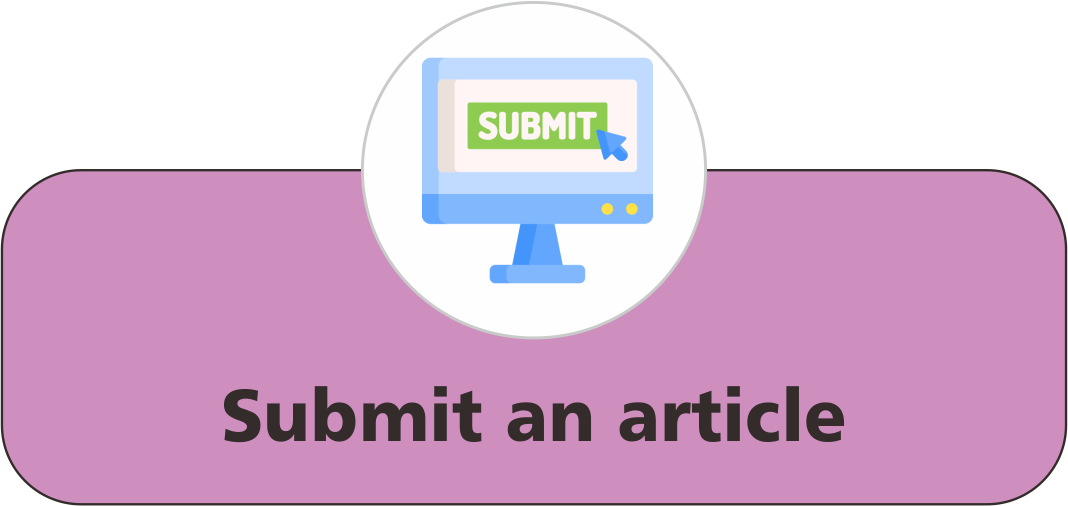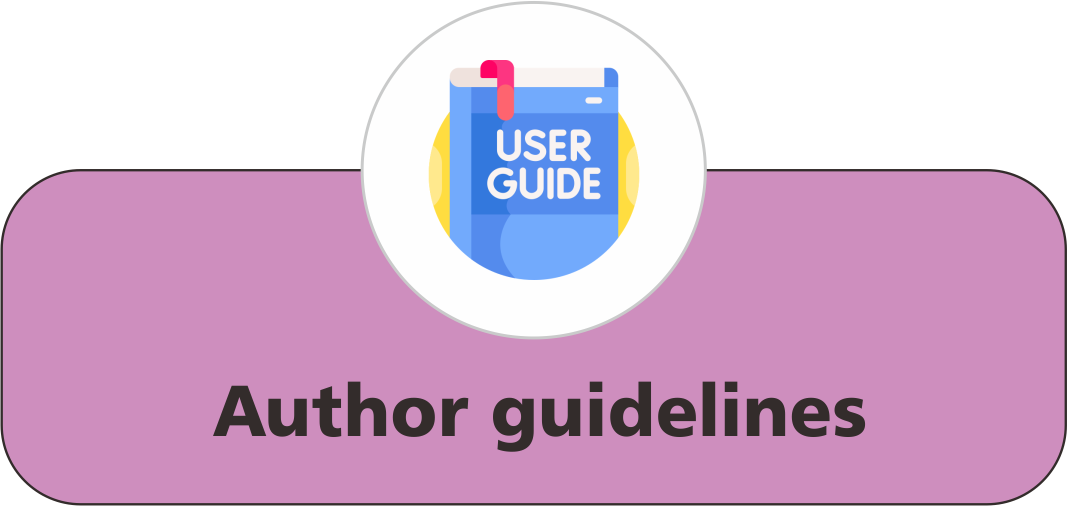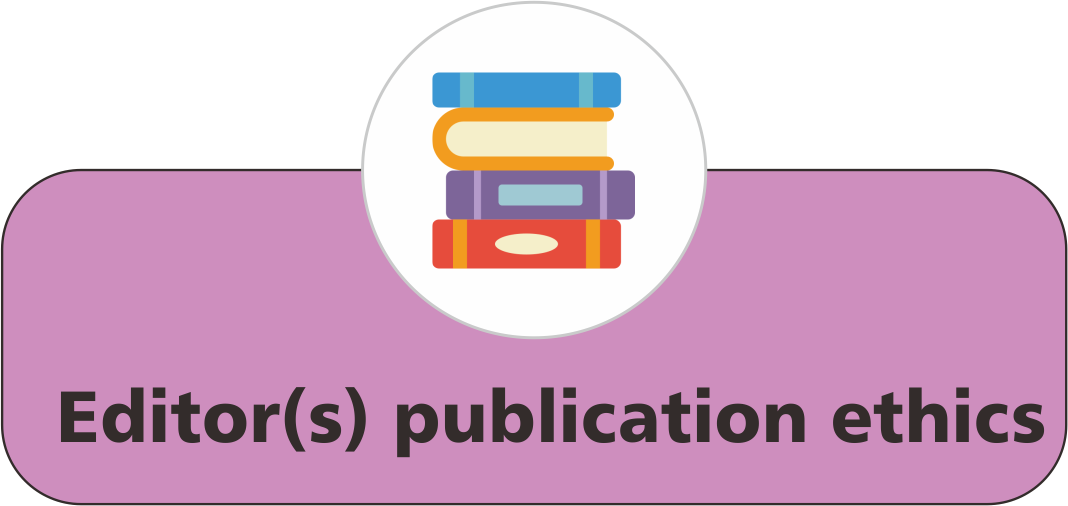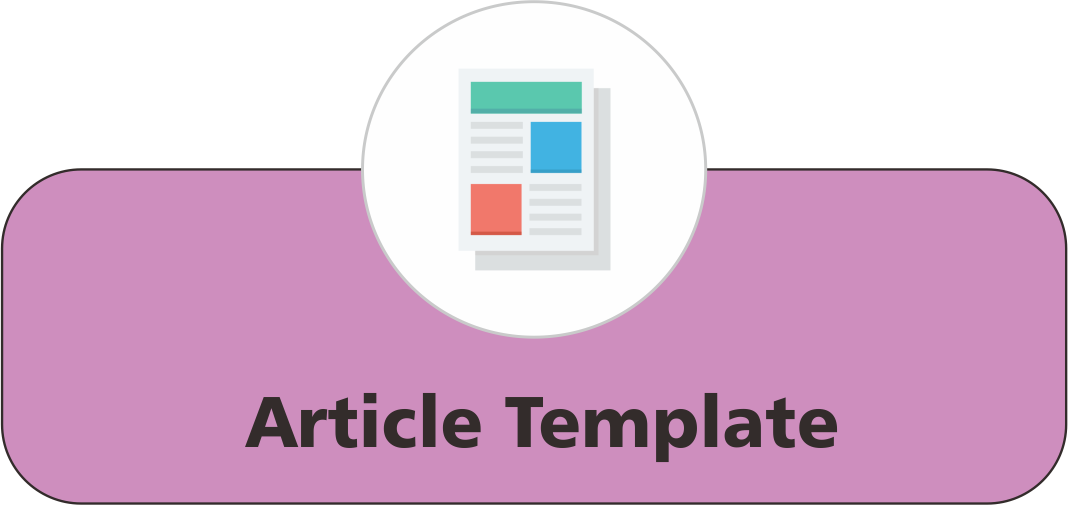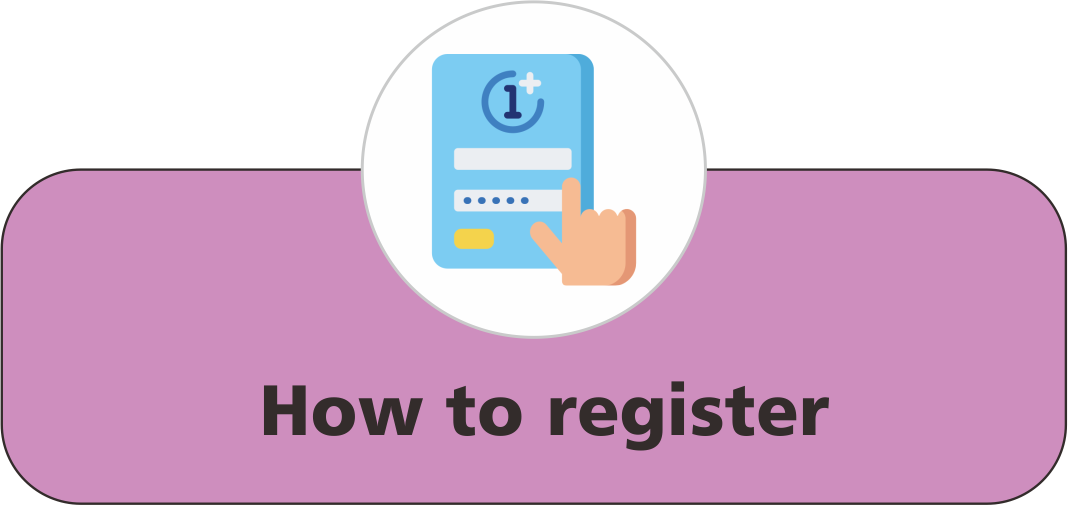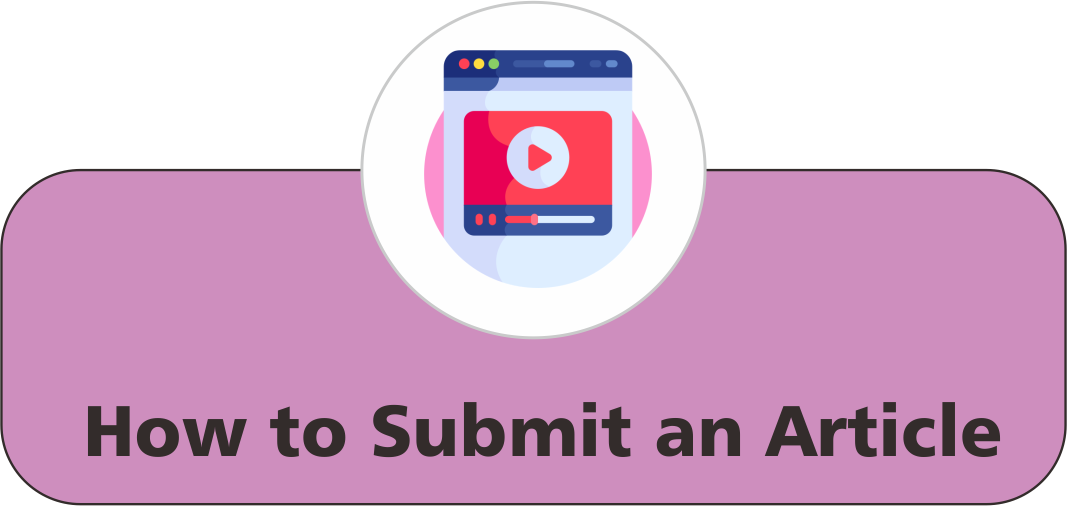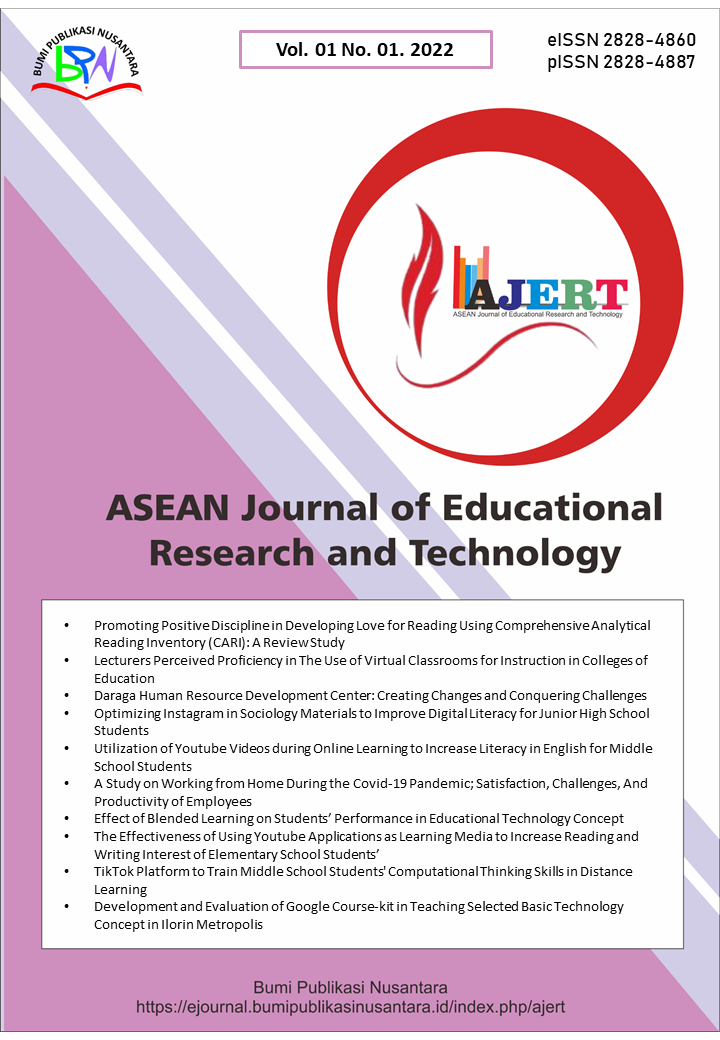Ensuring the Effectiveness of Education through Interactive Methods in the Modern Pedagogical Process
 ), Rakhmatullayeva Lobar Khurshid(2),
), Rakhmatullayeva Lobar Khurshid(2),
(1) Chirchik State Pedagogical University
(2) Chirchik State Pedagogical University
 Corresponding Author
Corresponding Author
Abstract
Keywords
References
Alam, A., and Mohanty, A. (2023). Educational technology: Exploring the convergence of technology and pedagogy through mobility, interactivity, AI, and learning tools. Cogent Engineering, 10(2), 2283282.
Alanazi, A. S., Almulla, A. A., and Khasawneh, M. A. S. (2023). Evaluating the effects of integrating cognitive presence strategies on teacher attitudes and student learning outcomes in special education and autism classrooms. International Journal of Special Education, 38(2), 80-89.
Alipova, A., Turganbayeva, A., Alimzhanova, L., Savelyeva, V., and Malybayev, R. (2024). Evaluating the effectiveness of gaming practices in enhancing computer science terminology learning among primary school students. International Journal of Information and Education Technology, 14(6), 865-875.
Almulla, M. A. (2023). Constructivism learning theory: A paradigm for students’ critical thinking, creativity, and problem solving to affect academic performance in higher education. Cogent Education, 10(1), 2172929.
Baeten, M., Kyndt, E., Struyven, K., and Dochy, F. (2010). Using student-centred learning environments to stimulate deep approaches to learning: Factors encouraging or discouraging their effectiveness. Educational Research Review, 5(3), 243-260.
Bakar, S. (2021). Investigating the dynamics of contemporary pedagogical approaches in higher education through innovations, challenges, and paradigm shifts. Social Science Chronicle, 1(1), 1-19.
Bantilan, E.N. (2024). Teachers 21st century skills special program in sports curriculum. ASEAN Journal of Physical Education and Sport Science, 3(1), 27-34.
Blyznyuk, T., and Kachak, T. (2024). Benefits of interactive learning for students' critical thinking skills improvement. Journal of Vasyl Stefanyk Precarpathian National University, 11(1), 94-102.
Calixtro Jr., V.L. (2024). Learners’ 21st century skills special program in sports curriculum. Indonesian Journal of Multidiciplinary Research, 4(2), 267-274.
Gan, B., Menkhoff, T., and Smith, R. (2015). Enhancing students’ learning process through interactive digital media: New opportunities for collaborative learning. Computers in Human Behavior, 51, 652-663.
Ibrahim, A.O. (2023). Impact of blended learning method on secondary school physics students’ achievement and retention in Lokoja, Nigeria. ASEAN Journal for Science Education, 2(2), 57-66.
Ismail, I. (2024). Exploring modern educational theories: A literature review of student learning in the digital age. International Journal Multidisciplinary Science, 3(3), 83-94.
Kearney, J., Bond-Barnard, T., and Chugh, R. (2024). Soft skills and learning methods for 21st-century project management: a review. International Journal of Information Systems and Project Management, 12(4), 2.
Khodadad, D. (2023). Creating a supportive and effective learning environment for engineering students: Pedagogical strategies, engagement, and enhanced outcomes. International Journal of Engineering Pedagogy, 13(8), 33-50.
Le, H. V., Nguyen, T. A. D., Le, D. H. N., Nguyen, P. U., and Nguyen, T. T. A. (2024). Unveiling critical reading strategies and challenges: a mixed-methods study among English major students in a Vietnamese higher education institution. Cogent Education, 11(1), 2326732.
Malik, A., Khatoon, M., Siddique, S., and Rauf, A. (2024). Disruptive technologies in education: Transforming traditional curriculum models for the 21st century. Multidisciplinary Journal of Emerging Needs of Curriculum, 1(2), 53-60.
Malik, R. S. (2018). Educational challenges in 21st century and sustainable development. Journal of Sustainable Development Education and Research, 2(1), 9-20.
Rathner, J. A., and Schier, M. A. (2020). The impact of flipped classroom andragogy on student assessment performance and perception of learning experience in two advanced physiology subjects. Advances in Physiology Education, 44(1), 80-92.
Renninger, E. P. (2024). Exploring the impact of constructivist learning on students' prob-lem-solving abilities in education. Jurnal Ilmu Pendidikan Dan Humaniora, 13(2), 81-91.
Schroeder, C. M., Scott, T. P., Tolson, H., Huang, T. Y., and Lee, Y. H. (2007). A meta‐analysis of national research: Effects of teaching strategies on student achievement in science in the United States. Journal of Research in Science Teaching: The Official Journal of the National Association for Research in Science Teaching, 44(10), 1436-1460.
Seidel, T., and Shavelson, R. J. (2007). Teaching effectiveness research in the past decade: The role of theory and research design in disentangling meta-analysis results. Review of Educational Research, 77(4), 454-499.
Tetzlaff, L., Schmiedek, F., and Brod, G. (2021). Developing personalized education: A dynamic framework. Educational Psychology Review, 33, 863-882.
Article Metrics
Abstract View : 555 times
: 555 times Download : 172 times
Download : 172 times
Refbacks
- There are currently no refbacks.
Copyright (c) 2025 Bumi Publikasi Nusantara

This work is licensed under a Creative Commons Attribution-ShareAlike 4.0 International License.

